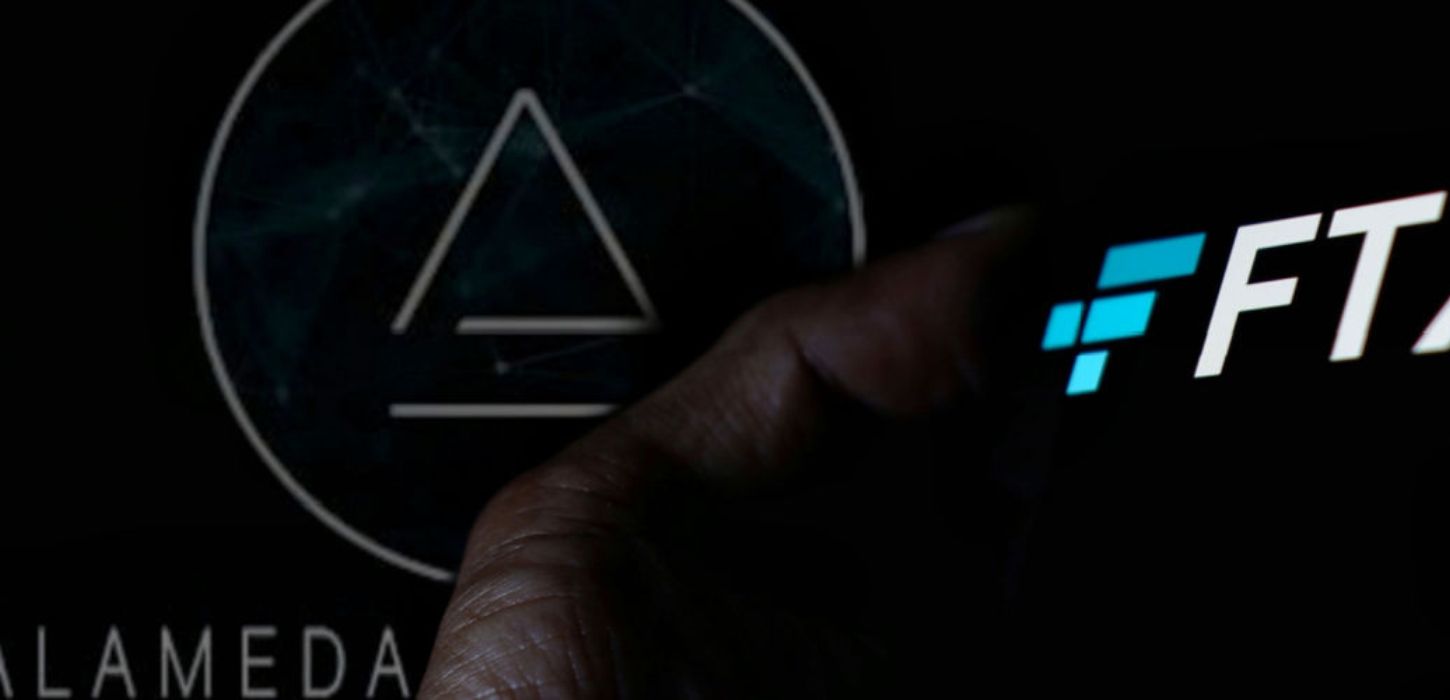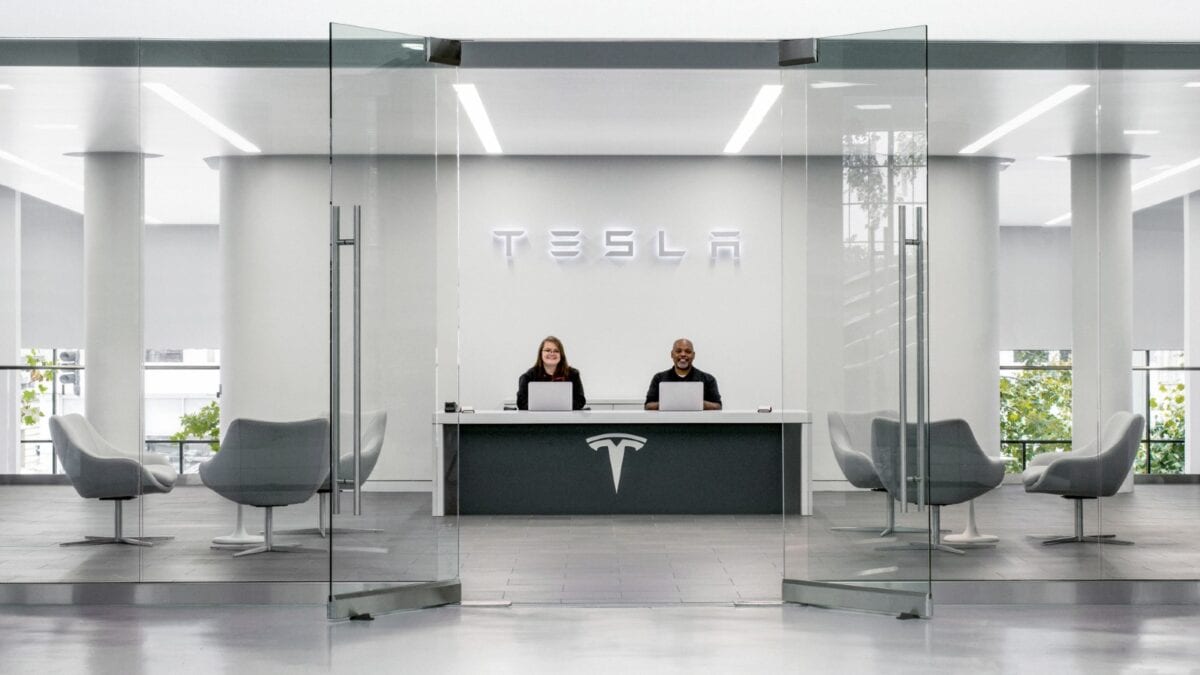The Biden administration has stopped providing US companies with licences to export to Huawei as it moves towards imposing a total ban on the sale of American technology to the Chinese telecom equipment giant.
Several people familiar with discussions inside the administration said the commerce department had notified some companies that it would no longer grant licences to any group wanting to export American technology to Huawei.
The move marks the latest prong in Washington’s campaign to curb the Shenzhen-based tech company, which US security officials believe helps China engage in espionage. Huawei denies any involvement in spying.
The Trump administration in 2019 imposed tough restrictions on exporting American technology to Huawei by adding the group to a blacklist called the “entity list”. The move was part of a strategy to crack down on Chinese companies that Washington believed posed a risk to US national security.
But the commerce department continued to grant export licences for some companies, including Qualcomm and Intel, to provide Huawei with technology that was not related to high-speed 5G telecom networks.
Over the past two years, President Joe Biden has taken an even tougher stance on China, particularly in the area of cutting-edge technology. In October, he imposed sweeping restrictions on providing advanced semiconductors and chipmaking equipment to Chinese groups.
Alan Estevez, head of the commerce department’s bureau of industry and security, has been leading a review of China-related policy to determine steps the administration should take to make it harder for the Chinese military to use US technology to develop weapons.
Martijn Rasser, a technology expert at CNAS, a think-tank, said the latest action was a “really significant move”.
“The actions by the commerce department are partly driven by the fact that Huawei as a company is a very different animal than it was four years ago when it was focused on 5G,” said Rasser, a former CIA official, referring to its expansion into areas such as undersea cables and cloud computing.
Washington’s move comes as Huawei’s operations have stabilised. Eric Xu, the company’s rotating chair, said in December that 2023 would be the first year in which Huawei would return to “business as usual”. According to the company, its 2022 revenues were flat at Rmb636.9bn ($94bn), after a precipitous decline in 2021.
The company secured its survival with a shift to enterprise and government business, especially in China, and its growing cloud business. The fact the US still allowed some exports to Huawei also helped avert a complete collapse. Huawei is believed to be backing projects in China aimed at building an import-independent semiconductor supply chain, efforts which Washington has also begun to target.
Industry insiders said it was too early to assess the impact of the latest measures on Huawei. “A blanket stop indefinitely would of course be catastrophic for Huawei, but the result of anything short of that could be quite different,” said a legal expert involved in export licence applications.
An executive at a semiconductor design house that has worked with Huawei said change would come when export licences expired. “Since no detail regarding which licences were granted and when is public, that becomes hard to predict,” he added.
Secretary of state Antony Blinken is preparing to travel next week to China, the first visit to the country by a member of Biden’s cabinet.
The US is also stepping up efforts with allies to slow China’s push to develop cutting-edge technology such as semiconductors that are used for artificial intelligence, nuclear weapons modelling and the development of hypersonic weapons.
Washington last week reached a deal with Japan and the Netherlands to restrict companies in those countries from exporting certain chipmaking equipment to China. The US in October imposed unilateral restrictions to stop American companies from exporting semiconductor manufacturing tools.
Estevez last year suggested that the US was looking at a number of other areas. Asked about reports that the administration was considering restrictions on quantum and biotechnology, he told the CNAS think-tank: “If I was a betting person, I would put down money on that.”
A formal decision on whether to implement a total export ban of chips with US technology to China has not yet been taken.
The commerce department declined to comment but said the agency, along with other government departments, would “continually assess our policies and regulations and communicate regularly with external stakeholders”.
Huawei did not immediately respond to a request for comment.
Follow Demetri Sevastopulo on Twitter
Credit: Source link














